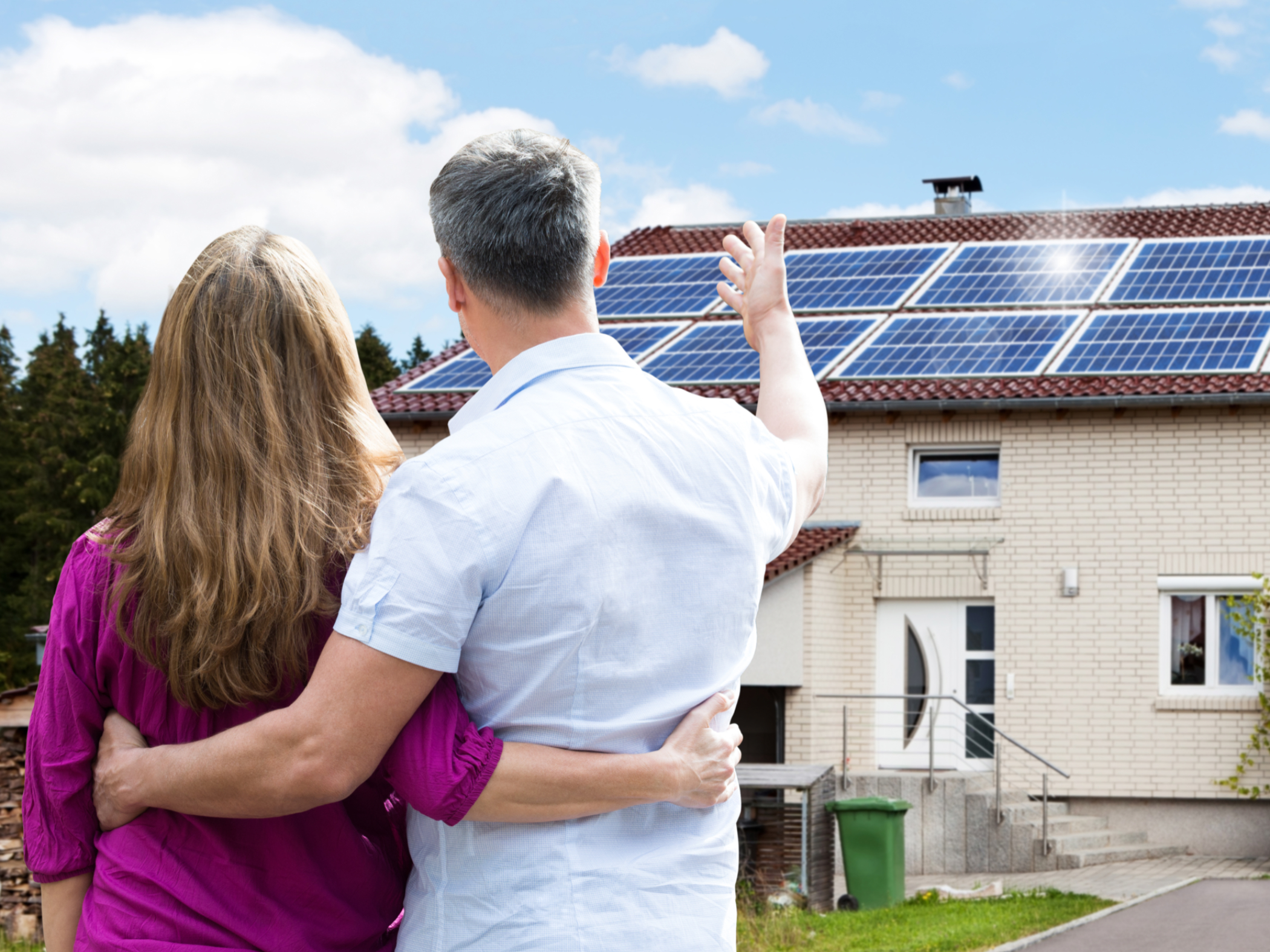Do's and Don'ts: Going Solar
Published:

Here comes the sun! Solar power is a popular way to go green, but there are a few things you should consider before making the decision to install photovoltaic (PV) panels on your property. Check out what you should do — and not do — before signing on the dotted line.
Do:
Gather your bills
In order to correctly size a solar system for your home, you'll need to determine how much energy you use. According to the U.S. Department of Energy, an average American home uses about 870 kilowatt-hours (kWh) of electricity each month, but your home's total usage may be higher or lower. Without this vital information, solar contractors won't be able to give you an accurate cost estimate.
Examine your roof
Determine if your roof has adequate sun exposure during the day and is prepared to handle PV panels. South-facing roofs are best, but panels can be installed to capture the sun if your roof faces another direction. If your roof is in need of repair, it may be best to take on that project first so you won't have to remove the panels to replace your roof in a few years.
Consider going beyond PV
Solar energy can do more than just generate electricity; solar-powered hot water systems can be a cost-effective way to generate hot water for your home. They're fossil fuel-free, cheaper, and can be used in any climate — unlike some other water heating systems. Ask your contractor if your roof can accommodate both solar PV panels and a water heating system.
Don't:
Ignore potential efficiency improvements
Before sizing your solar system based on your home's energy needs, perform a home energy audit to identify areas of your house that may be wasting energy. By hiring a professional or doing your own walkthrough, you can determine the best ways to save energy and money while making your home more comfortable. Duquesne Light offers rebates for weatherization and other energy efficiency measures that can help make improvements more affordable.
Just choose the cheapest contractor
The average national solar panel cost is just over $3 per watt, including installation and additional necessary equipment. For an average 6-kilowatt (kW) system, installation would cost about $18,000. Smaller contractors typically offer lower prices, but that doesn't mean they're the best option. Get multiple quotes from reputable contractors before making a decision.
Expect to go off-grid
Though it's technically feasible to go off the grid by installing a solar-plus-storage system that saves unused energy in a battery for when you need it later, it's not often a cost-effective option. Staying connected to the grid with net metering ensures that your home gets power when you need it and even gives you a credit for unused electricity.
Do your research on credits and rebates available and ask a lot of questions. Installing solar is a long-term investment, and it's important to make sure you know what's going into it and what you'll get in return.
Duquesne Light customers have the option to interconnect qualified renewable energy generating systems, like solar panels, to the Duquesne Light transmission and distribution system. Have questions about how to interconnect your generation systems? Find out more about customer-owned generation at Duquesne Light here.
